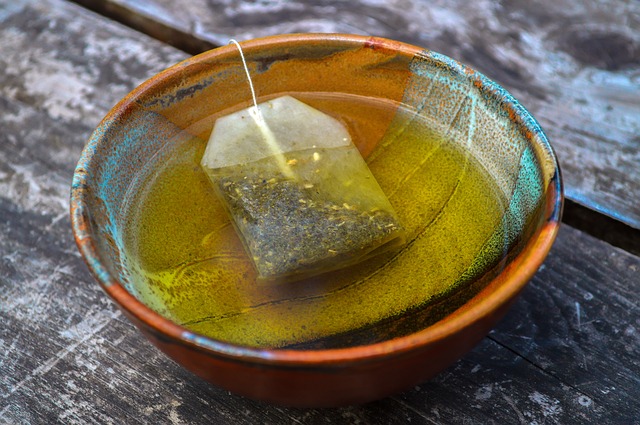Plants have always had an important place in the field of medicine. As an alternative medicine, herbs can come in different forms, such as herbal teas, capsules, or essential oils. Besides, what do you really need to know about herbal medicines? Discover the answer in this article.
What Is Herbal Medicine?
Herbal medicine is an alternative medicine that naturally helps relieve or cure certain diseases and disorders by using plants. As the use of plants has been advocated for a very long time due to their curative virtues, we can say that phytotherapy is a variant of traditional medicine. It is considered the best approach to prevent and treat most of our everyday ailments. Until today, more than 80% of the world’s population still use this medicine to boost their immunity, reduce joint pain or fight against sleep disorders. Phytotherapy is well-known for its beneficial effects in maintaining our vital balance. Do not hesitate to ask your pharmacist for advice on which plant best suits your situation.
Phytotherapy: What Is the Principle?
Many natural health techniques are based on the therapeutic use of medicinal plants. Phytotherapy has the particularity of using all the elements that make up the plant and that concentrate the active principles that help to cure the ailments. This medicine is based on the principle of in-depth treatment with effects felt over the long term. Most often, phytotherapy involves treating oneself with products based on fresh plant extracts standardized in the form of medicines or food supplements.
Cultivation and Harvesting of Plants
The effectiveness of herbal medicines depends on quality plants. To make the right choice, everything starts with good growing and harvesting conditions. The manufacture of herbal medicines must follow a guideline on good agricultural practices for raw materials of plant origin.
What Are the Medicines Used in Phytotherapy?
Medicinal plants
These are whole plants or parts of plants that have undergone minimal processing before use.
Extractive preparations
These are products obtained in small quantities after a treatment aiming at gathering the active constituents. For example, we can take the herbal teas obtained by various processes such as maceration, decoction… There are also the vegetable tinctures which are obtained thanks to the use of a vegetable powder and a solvent.
Finished Products Based on Plants
These are preparations obtained by mixing several plants. In addition to the active ingredients, the finished products and mixtures may contain excipients, which are substances associated with the active ingredients. Their function is to facilitate the administration, preservation and transport of the active ingredients to their site of absorption.
Herbal substances
These are pure chemical substances isolated from plants. Various phytochemical processes then obtain the active ingredients to give pure products a constant activity.
How to Use These Medicines?
Medicinal plants can be used according to your needs. Many preparations are available: infusion, broth, mask, powder, etc. You can take them internally or externally. However, each plant has its own properties and is used to treat specific ailments. This is why it is recommended to get advice from a pharmacist, or a doctor specialized in phytotherapy. Herbal medicines can be purchased without a prescription, but a doctor must be consulted in the case of regular use to know the proper dosage and the number of times to take them.


